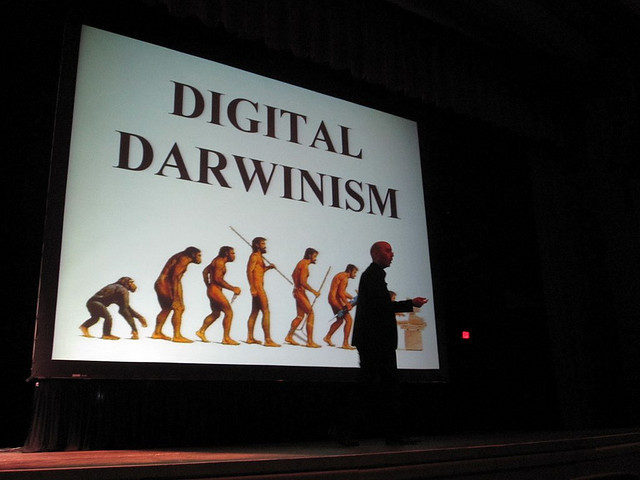 I've always wondered about Lifetime Fitness. The rising costs of building these huge facilities, little pricing power, huge overhead. The "big box" competitor in the fitness industry made me wonder "is it really a viable category killer?" I had my doubts.
I've always wondered about Lifetime Fitness. The rising costs of building these huge facilities, little pricing power, huge overhead. The "big box" competitor in the fitness industry made me wonder "is it really a viable category killer?" I had my doubts.
I follow the company closely and during the past year the stock has steadily improved; trading from a 52 week low of $22 per share to a $41 per share price today. Compared to the S&P, as the graphic below shows, Lifetime has really out performed the market. Given all of the struggles in the health club business these past few years, you'd wonder why. However, even TSI's stock price has improved by nearly 60% in the past 52 weeks. Upon closer inspection there are some answers that hint at a recovery for the industry and possible greener pastures, at least for a while, for Lifetime and perhaps for TSI as well.
Recent analysis published by Oppenheimer's Brian Nagel and Rupesh Parikh, reflect an upbeat outlook for the company. The pair of analysts predicted Lifetime would outperform the market back in May of last year. They were right. In January of 2011, they again upped their target value for the company from $46 per share to $49 per share. There revised forecast of share price related to an improving economy, the likelihood that Lifetime will reaccelerate growth and that Lifetime's balance sheet is deleveraging.
So what do you think about Lifetime Fitness and its stock price performance this past year ? Do you think that the TSI and Lifetime stock price moves reflect that things are looking up ? Contact me, Bryan O'Rourke, and share your views on the company and the industry in general. What's up with Lifetime Fitness ?















